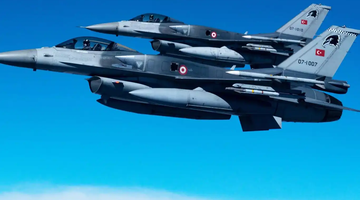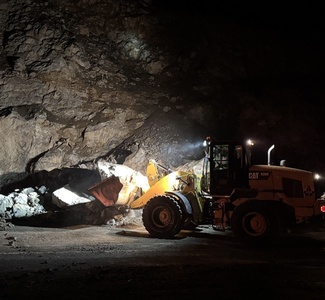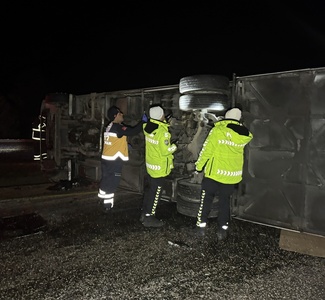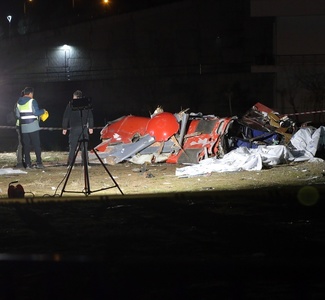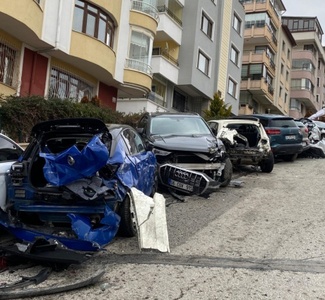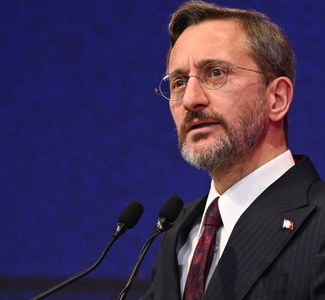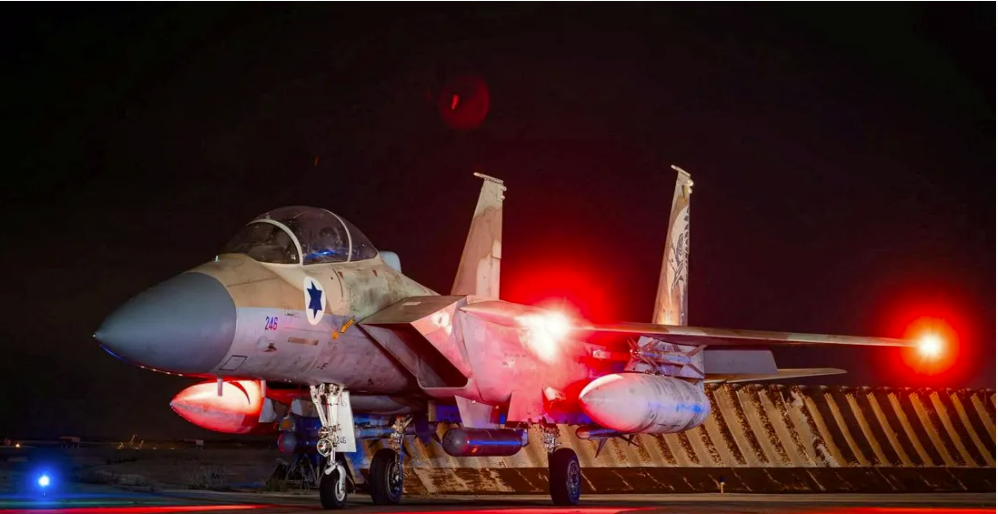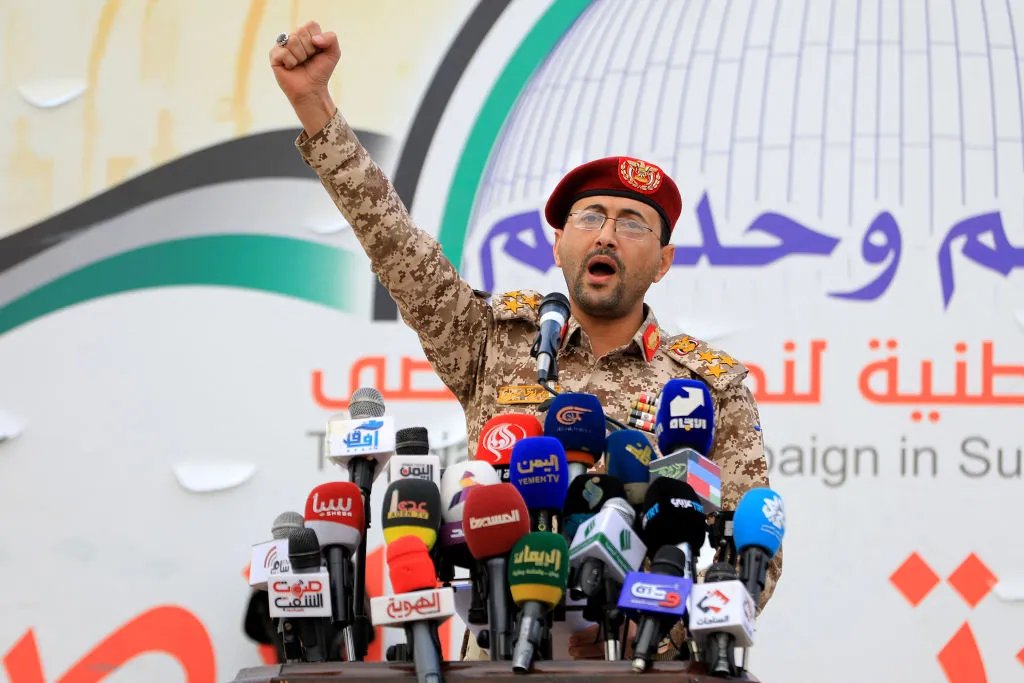Türkiye exports railway maintenance vehicles to Switzerland
The Turkish railway industry took a leap forward today with the delivery of next-generation smart railway maintenance vehicles to Swiss State Railways, a testament to the country's growing technological prowess in this sector.
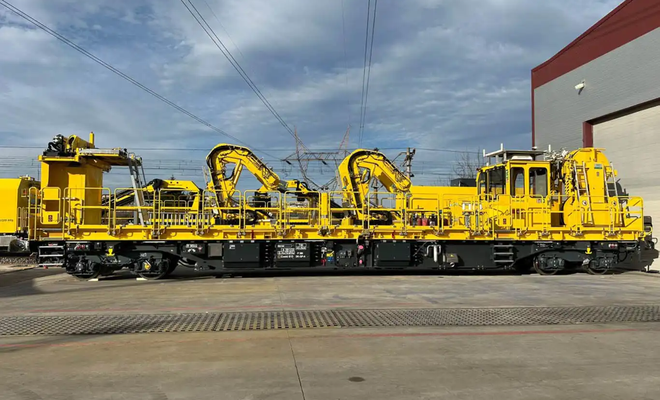
 Google News'te Doğruhaber'e abone olun.
Google News'te Doğruhaber'e abone olun.
The ceremony, presided over by Transport Minister Abdulkadir Uraloğlu, also shone a light on Türkiye's ambitious plans to significantly expand its high-speed railway network, aiming to connect major cities and boost economic growth.
This landmark export deal with Switzerland signifies Türkiye's ability to compete on the global stage with advanced rail technology. These intelligent maintenance vehicles, developed and manufactured domestically, are equipped with cutting-edge sensors and data analytics capabilities, promising efficient and precise railway upkeep.
Uraloğlu emphasized the government's unwavering commitment to developing the railway sector since 2002. He highlighted the strategic shift towards prioritizing railways, integrating them seamlessly with ports, airports, and logistics centers to create a robust multimodal transportation system. This approach has resulted in a remarkable expansion of the network, growing from a mere 2,002 km in 2002 to a current length of 14,000 km. The ambitious goal is to reach an impressive 28,590 km by further increasing high-speed lines.
Speaking of high-speed ambitions, Uraloğlu unveiled the highly anticipated Ankara-Istanbul Super Speed Train Line project. This futuristic line promises to revolutionize travel between the two major cities, slashing travel time to a mere 350 minutes with trains capable of reaching speeds of 300 km/h. Additionally, the Northern Marmara High Speed Train Line project was brought to the forefront, envisioning a connection from Gebze, across the Yavuz Sultan Selim Bridge, to Istanbul Airport and ultimately Çatalca.
But the vision doesn't stop at a few key routes. The 2053 Transportation and Logistics master plan outlines a comprehensive strategy to connect 52 provinces with high-speed rail services, significantly enhancing national connectivity and economic opportunities. Cities like Ankara-İzmir and Mersin-Adana-Gaziantep are poised to benefit immensely from this ambitious expansion.
Uraloğlu also proudly addressed the establishment of a robust domestic railway industry. TÜRASAŞ, once a fledgling entity, has transformed into a leading Middle Eastern manufacturer of rail system vehicles, producing critical components like locomotives, train sets, and control systems entirely within Türkiye. This self-sufficiency not only strengthens the national economy but also positions Türkiye as a key player in the global rail technology market.
In conclusion, the delivery of smart railway vehicles to Switzerland and the unveiling of the high-speed expansion plans signal a new era for Turkish railways. With advanced technology, a strategic vision, and a thriving domestic industry, Türkiye is poised to become a major force in the international rail landscape, propelling its economy towards a more connected and prosperous future. (ILKHA)





























